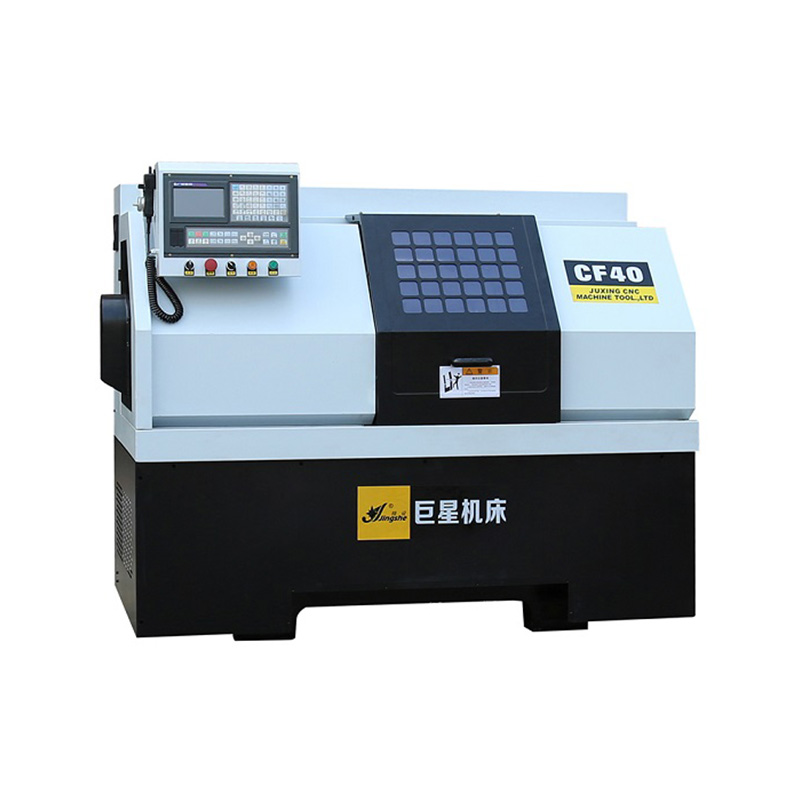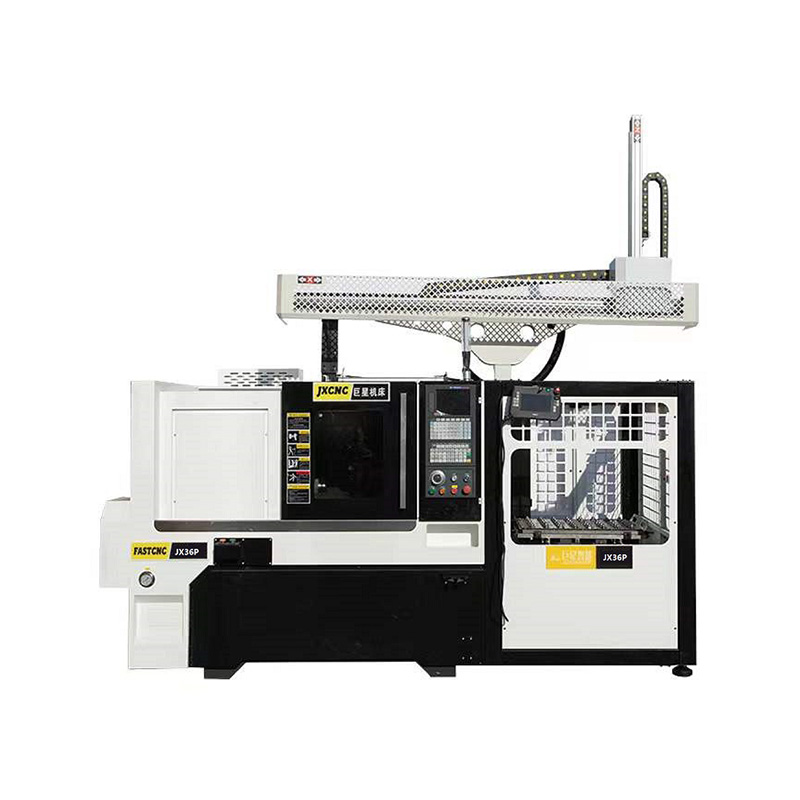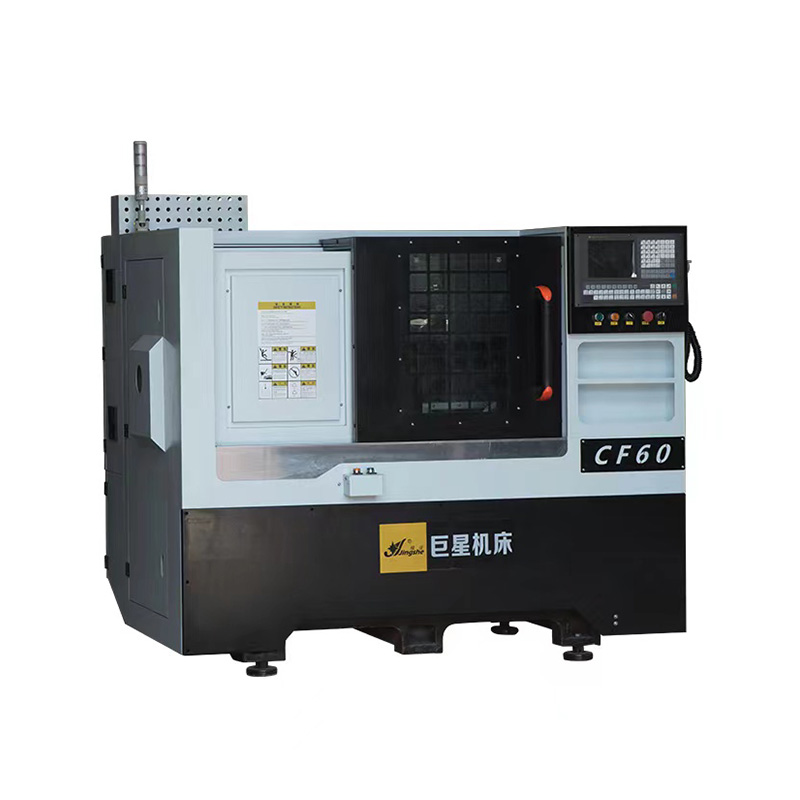1. Precision and Quality

A primary reason for using CNC machine lathes factory is their ability to produce precise and consistent components, which is critical in modern manufacturing.
- High dimensional accuracy: CNC lathes can execute programmed movements with tolerances as small as a few microns. This level of precision ensures that parts fit together correctly in assemblies, reducing the need for adjustments or rework. For instance, in automotive manufacturing, engine components produced on CNC lathes must maintain strict tolerances to ensure proper function and safety.
- Surface finish quality: CNC lathes are capable of achieving smooth surface finishes due to consistent cutting speed and tool movement. This is important for components that require minimal friction, such as shafts or bearings. A practical example is the production of medical instruments, where the surface finish must meet strict standards to ensure functionality and safety.
- Reproducibility: Once a CNC program is created, the same part can be produced repeatedly with consistent quality. In industrial production, this reduces variability between batches and ensures uniformity across multiple units, which is critical in sectors such as aerospace or electronics where precise tolerances are mandatory.
The precision and quality offered by CNC lathes make them indispensable for industries that require high standards and minimal errors.
2. Operational Efficiency
Another significant advantage of CNC machine lathes is their contribution to operational efficiency, which reduces production time and labor costs.
- Automated operation: CNC lathes operate based on pre-programmed instructions, eliminating the need for continuous manual adjustments. This allows operators to focus on monitoring multiple machines or performing other tasks, increasing overall productivity. For example, a manufacturing plant producing metal fittings can run several CNC lathes simultaneously with minimal supervision.
- Reduced setup time: Unlike conventional lathes, which require manual alignment and adjustments for each part, CNC lathes can switch between operations quickly through programmed tool paths. This reduces downtime and speeds up production, especially in small-batch or customized manufacturing.
- Consistent cycle time: CNC lathes maintain stable operating speeds and feed rates, which ensures predictable production cycles. This reliability enables production planning and inventory management to be more accurate, as managers can estimate output based on machine programming rather than operator variability.
Operational efficiency is particularly beneficial in competitive industries where meeting deadlines and reducing costs are essential for business sustainability.
3. Versatility and Flexibility
CNC machine lathes offer versatility and flexibility that allows manufacturers to adapt to diverse production requirements.
- Capability to produce complex geometries: CNC lathes can execute multi-axis movements, enabling the production of intricate parts such as threads, tapers, or contoured surfaces. For example, aerospace components often require curved or irregular shapes that would be difficult to achieve with conventional lathes.
- Material adaptability: CNC lathes can machine a wide range of materials, including metals, plastics, and composites. This versatility allows manufacturers to switch between materials without major changes in the machine setup, which is useful for prototyping or mixed-material production lines.
- Customization and batch production: CNC programming enables quick adjustments to produce different part designs without significant retooling. A practical example is a company producing customized fittings or automotive parts; engineers can modify the program to accommodate design changes efficiently, reducing lead times.
- The combination of complex part capabilities, material adaptability, and ease of customization makes CNC lathes highly flexible for diverse production demands.


